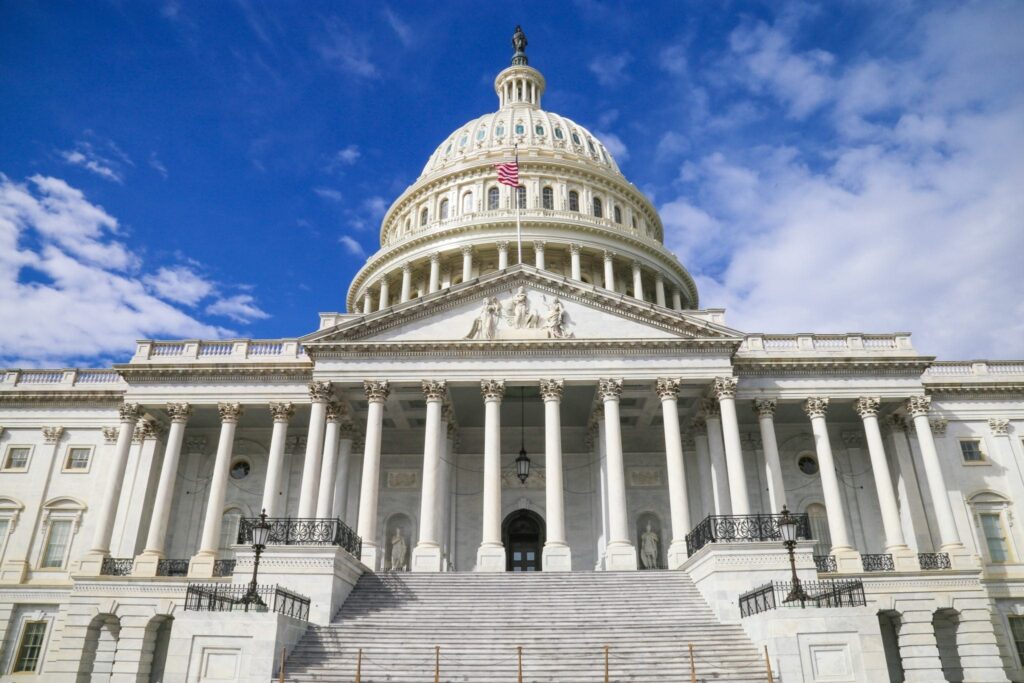Armed with Better Data, Will Accreditors Finally Have to Act?
Twice a year, a body of accreditation experts known as NACIQI–the National Advisory Committee on Institutional Quality and Integrity–gathers in a windowless conference space to debate the finer points of accreditation. And for the last two years, NACIQI members have come prepared with data on student outcomes to ask accreditors why some of their institutions…
Read MoreAn Advocate for Student Outcomes Shares What Higher Ed Can Learn from Health Care Administration
Barbara Damron was not only the first in her family to go to college, she was the first to go to high school. Driven by a passion for public policy-making and a calling for helping others, Secretary Damron’s health care career spanned more than 25 years, including work as an advanced practice nurse, educator, scientist,…
Read MoreWhy Accreditation Reform Can Unlock Stronger Student Outcomes
A college degree or certificate is ever more necessary in today’s economy; an estimated 65 percent of available jobs by 2020 will require some education or training beyond high school. The promise to students is that postsecondary education will set them up to obtain a job within their field and embark on a successful career…
Read MoreFinancial Aid Beyond the Traditional Degree: Can it Work?
Today, everyone from higher education leaders and practitioners, to employers, and, most importantly, students themselves is asking a critical question: How can higher education be more directly related to jobs students want? An answer in Washington, D.C. is to broaden our thinking of “higher education” to include shorter-term and more work-connected credentials in the landscape of programs where…
Read MoreDefining Quality: What Should Quality Look Like in Higher Learning?
In today’s higher education landscape, quality has become the most important watchword as institutions navigate new accountability policies and regulations while new providers hope to demonstrate their efficacy and impact with students. For today’s students, quality is much more than an abstract concept: it translates to their prospects for career, financial and personal success after…
Read MoreMarch News & Updates
Policy Update: HEA Recommendations We are just two full months into 2018, and critical conversations around postsecondary education are moving forward at the federal level. Higher Learning Advocates has continued its efforts to advance common-sense policy reforms designed to improve outcomes, upgrade quality, and build a system of higher learning that is more affordable and…
Read MoreBudget 2018: One Step Forward, Two Steps Back?
Today, Congress approved a budget deal, ending a brief government shutdown and agreeing to a framework that would set budget parameters for the next two years. The compromise eventually approved by U.S. Senate leaders included several key provisions that could have a major impact on student success and higher education accountability. Here’s the statement from my colleague…
Read MoreDecoding the Accreditation Process
Today, the National Advisory Committee on Institutional Quality and Integrity (NACIQI) will begin meeting to review the status of accrediting agencies, which play the role of gatekeepers to federal financial aid. We entrust the nation’s system of higher education quality assurance—including accreditors—with ensuring that students use more than $120 billion in federal financial aid at…
Read MoreED’s Gainful Employment Proposal: The Good, the Bad, the Ugly
Current Gainful Employment regulations require programs at for-profit institutions and certain career and technical programs at all other schools to meet certain debt-to-earnings ratios of their graduates or face the loss of eligibility to participate in federal financial aid programs. This week, critical conversations about higher education accountability will be occurring when federal negotiators and…
Read More101: Higher Ed and the Triad
This week, the Senate Health, Education, Labor and Pensions Committee held a hearing on the complex topics of accountability and risk. As the conversation highlighted, it’s time to re-examine the ways we hold higher education providers accountable for the outcomes they produce for students. So who decides which colleges can participate in federal financial aid…
Read More








